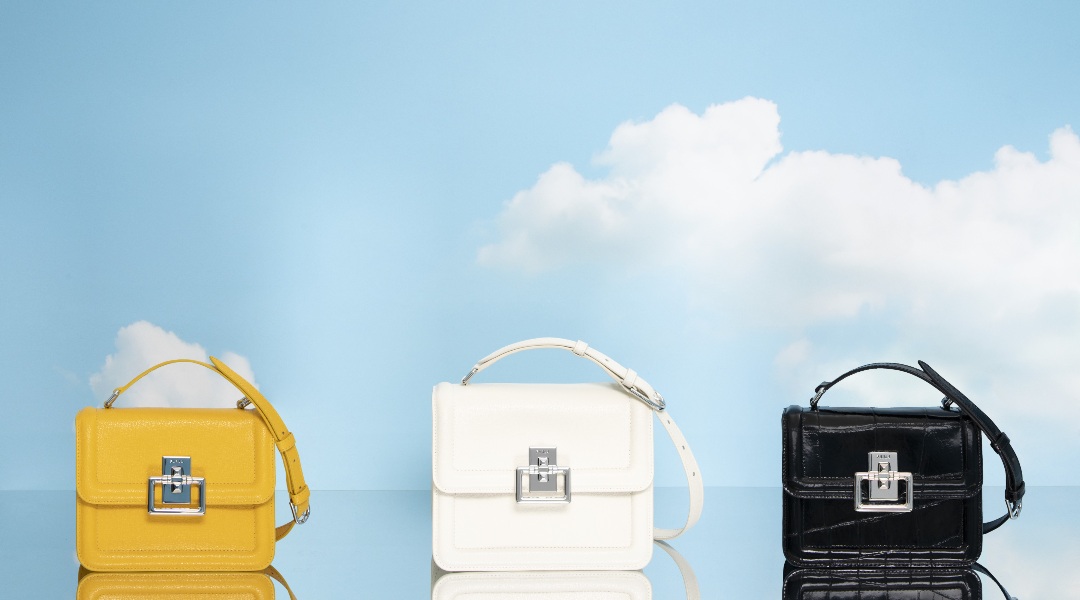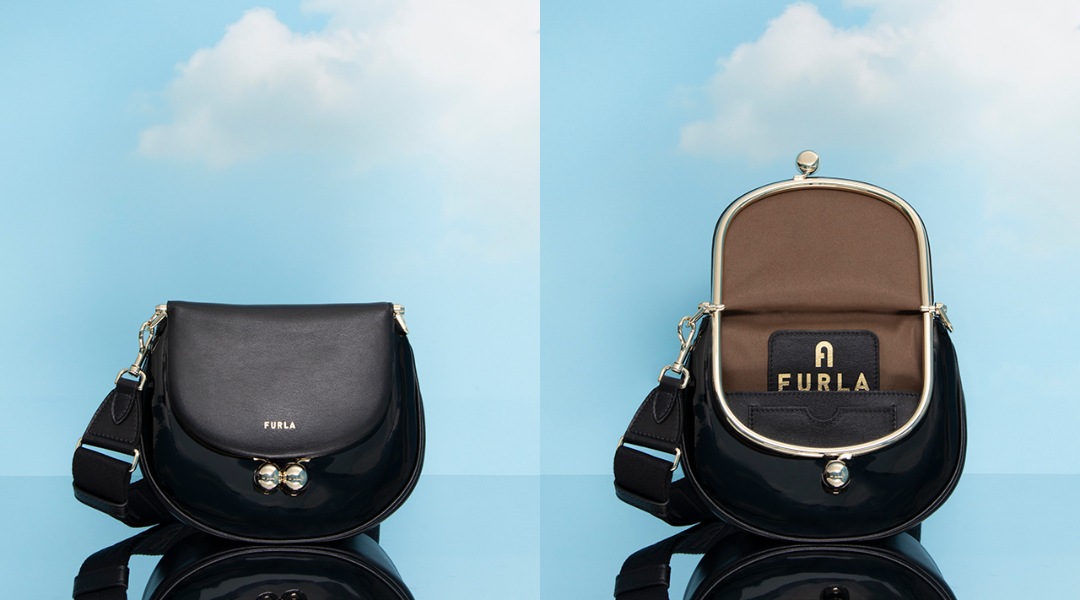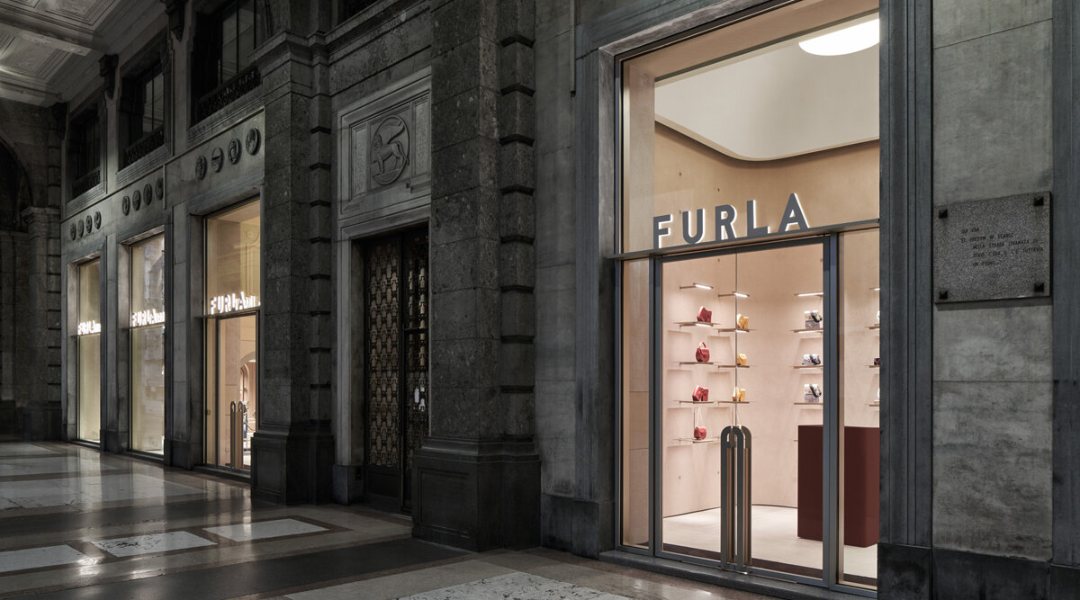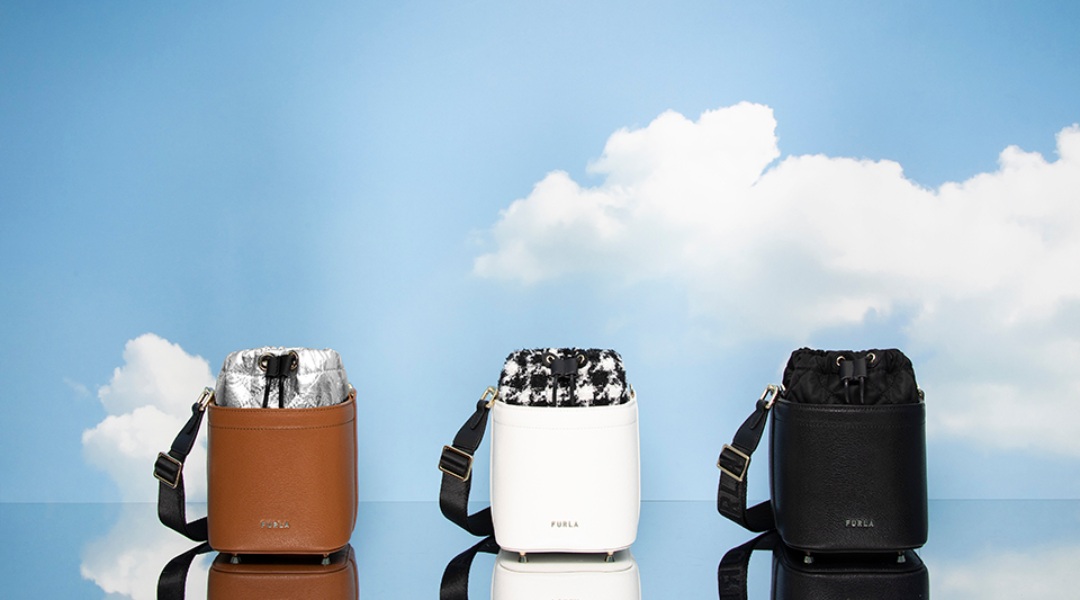Mauro Sabatini talks about digital acceleration in luxury fashion, and how to survive—and grow—in a crisis.
More than a year into the pandemic, companies continue to evolve with these tumultuous times. When it comes to luxury fashion, online purchasing is now the driving force for the relevance of brands so say new Furla Group chief executive officer Mauro Sabatini. “Digital acceleration is vital,” he says. “Brands are like platforms for communities.”
Global commerce is years into necessitating an online presence for any sort of growth. Some industries, however, have taken their time to adapt—not the least of which are the decades-old fashion houses. But the effects of the pandemic in the past year have quickened this transformation along, and Furla is one of many that is successfully moving along this path.
ALSO READ: Digital Haute Couture Is Here—How Is It Thriving In The Virtual Landscape?

An eye for innovation
The past year has been challenging for many companies including the Furla Group. However, Sabatini saw it as an opportunity to rework business strategies and introduce concepts like ‘smart working’ for employees to soften the pandemic’s impact.
After serving as strategic industrial partner for 18 years, Sabatini in his new role is determined to take the company to greater heights even amid a global crisis. “Being so familiar with the company and understanding its essence is a huge advantage,” he says. “We are the result of all the different experiences we gather over the years—they form us and become part of our story.”
Furla created a name for its “inclusive luxury” business model and design innovation, Sabatini points out.
“I want Furla to continue this path, remaining true to its essence whilst always embracing innovation and change,” he says. “One of my mottos has always been ‘think global, act local’ and with this, I mean having a clear global brand vision, but also the necessary flexibility to best implement it locally.” Such an attitude of determination and eye for innovation can work for companies, especially as the negative impact of the pandemic persists.
ALSO READ: Beating COVID: 6 Countries That Are Back To Normal, Or Almost There


Cementing online presence
With the new health and safety measures in place, the style industry as a whole made major changes. One instance is creating virtual presentations in place of physical shows.
Furla itself hosted a digital event for Milan Fashion Week and the third chapter of #Furlaillusions. This included unveiling their Fall/Winter 2021 collection, including its hero bag, Furla Portagioia. Together with the dreamlike presentation, the brand augmented the experience by sending gift boxes to select international celebrities and personalities.
Apart from shows, retail has turned primarily digital. “Nowadays online purchasing is one of the most dynamic growth engines,” says Sabatini. The pandemic changed the behavior of consumers who now rely frequently on the internet for purchasing products, especially essential goods. With this great shift in consumer requirements, Sabatini shares, “It is our goal for e-sales to account for 30 percent of the total turnover by 2025.”
ALSO READ: Style Savvy: Anya Taylor-Joy Keeps Winning Awards And Fans For Her Stunning Looks


Brand sustainability
While an online presence is necessary, brands are not solely about establishing identity and offering goods and services. Sabatini explains, “consumers are looking for a meaningful, transparent and authentic interaction with brands, as well as durable, top-quality products.”
Purpose and sustainability are now the strongest concerns of consumers. Furla demonstrates adapting to these changes through Progetta Italia, the brand’s latest hub for research, design, production, and training.
Sabatini clarifies it is “a celebration of Furla’s Italian roots and excellence in the field of manufacturing. The production hub will enable us to enhance the processes of creativity and product research.” To strengthen brand recognition, they will focus on iconic silhouettes and core styles. They will also introduce pre-season offerings apart from main seasons to balance “carryovers and newness.”
Like Furla, brands that continuously find ways to improve are those that can survive through crises. Having a 360-degree sustainability approach, as Sabatini explains, is essential in these times. This means prioritizing safety, comfort, ethical and environment-conscious practices, and meeting the needs of the new consumer.





